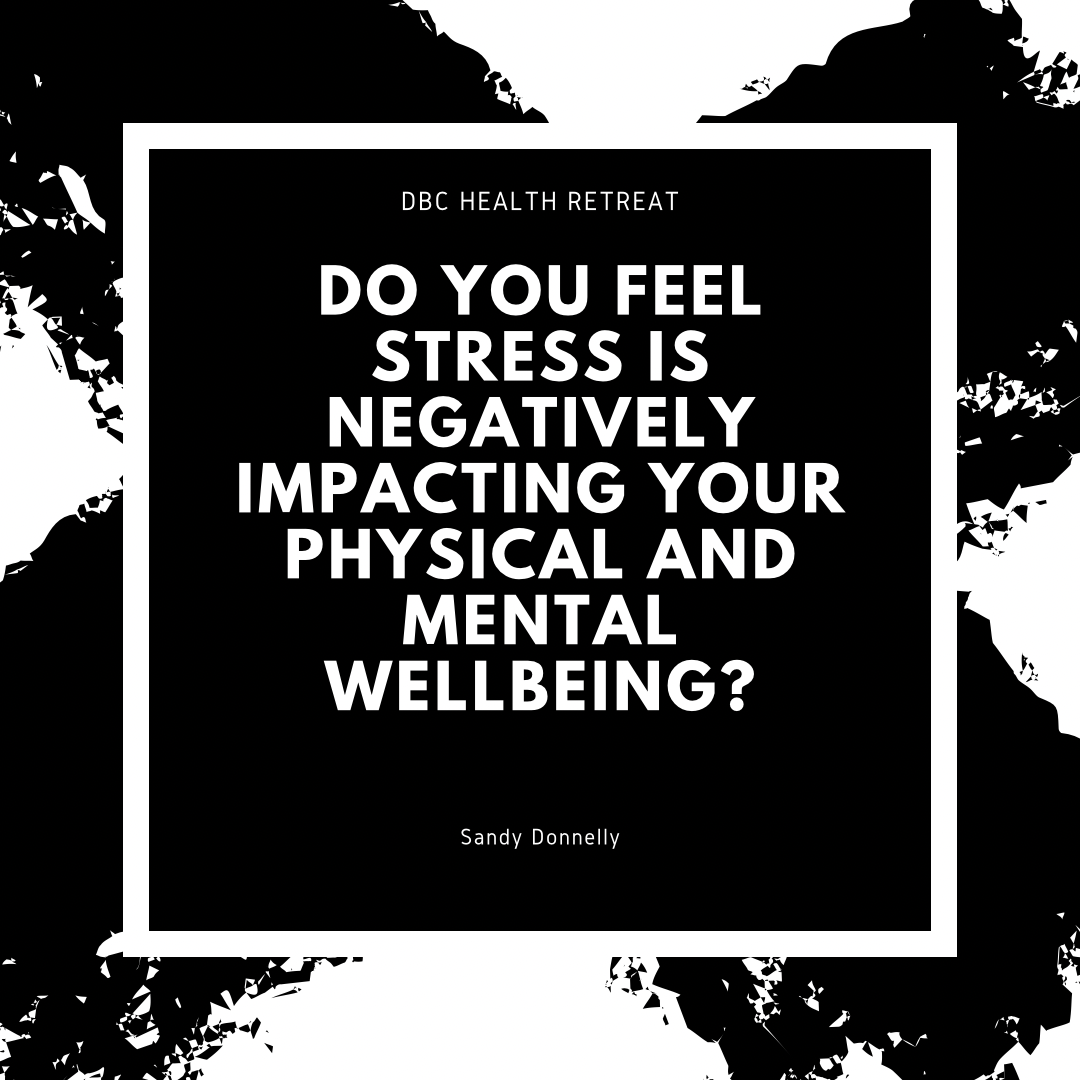Do you feel stress is negatively impacting your physical and mental wellbeing?
Many situations can cause a stress response in the body. Changes at work, illness, accidents, problems with relationships, family, money or housing can all cause stress. Even seemingly small daily hassles like someone pushing in a queue can make us feel stressed. What links all these situations is that we’re unable to predict and control what is happening to us, and so our body goes into a state of increased alertness. And these events can happen all the time - triggering the body’s stress response over and over again.
When the stress response becomes prolonged (chronic), it has a very different effect to the short bursts that enhance the body’s abilities. In many cases, the system controlling the stress response is no longer able to return to its normal state. Attention, memory, and the way we deal with emotions are negatively impacted. This long-term stress can contribute to both physical and mental illness through effects on the heart, immune and metabolic functions, and hormones acting on the brain.
Some of the emotional and behavioural symptoms of stress overlap with those of mental health conditions like anxiety or depression. This can make it hard to distinguish where one begins and the other ends, or which came first. Someone who is stressed may feel worried, down, unable to concentrate or make decisions, irritable and angry.
DBC Health Retreats release tension and recharge with a healthy plant based diet, fresh juices, hiking, pilates and plenty of rest.
More details









